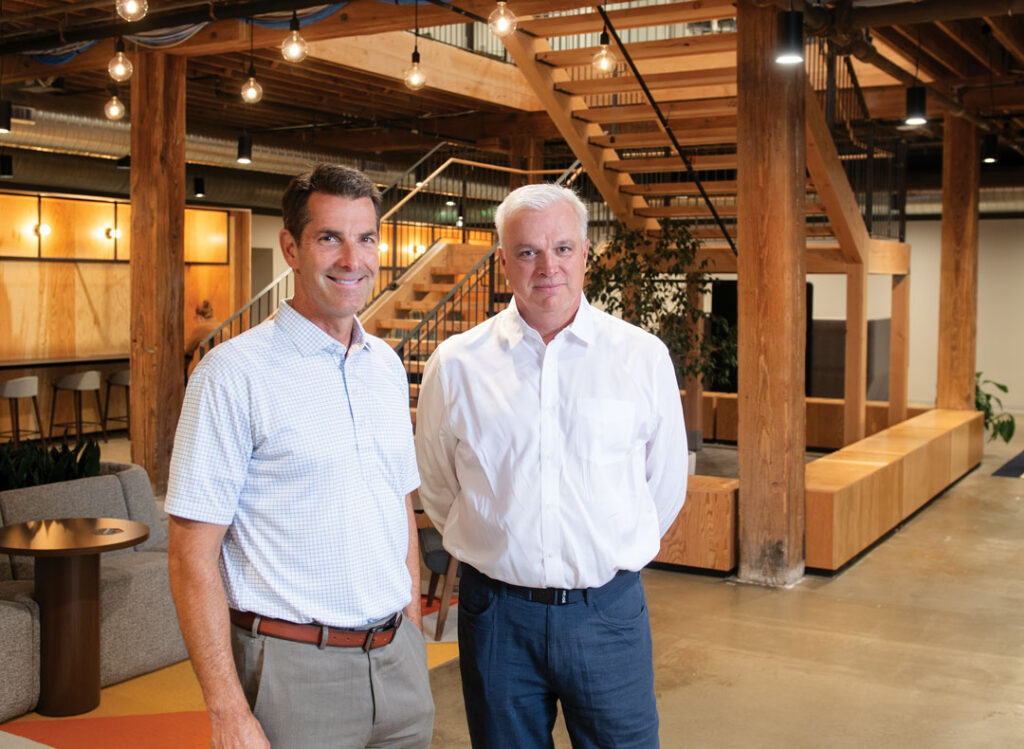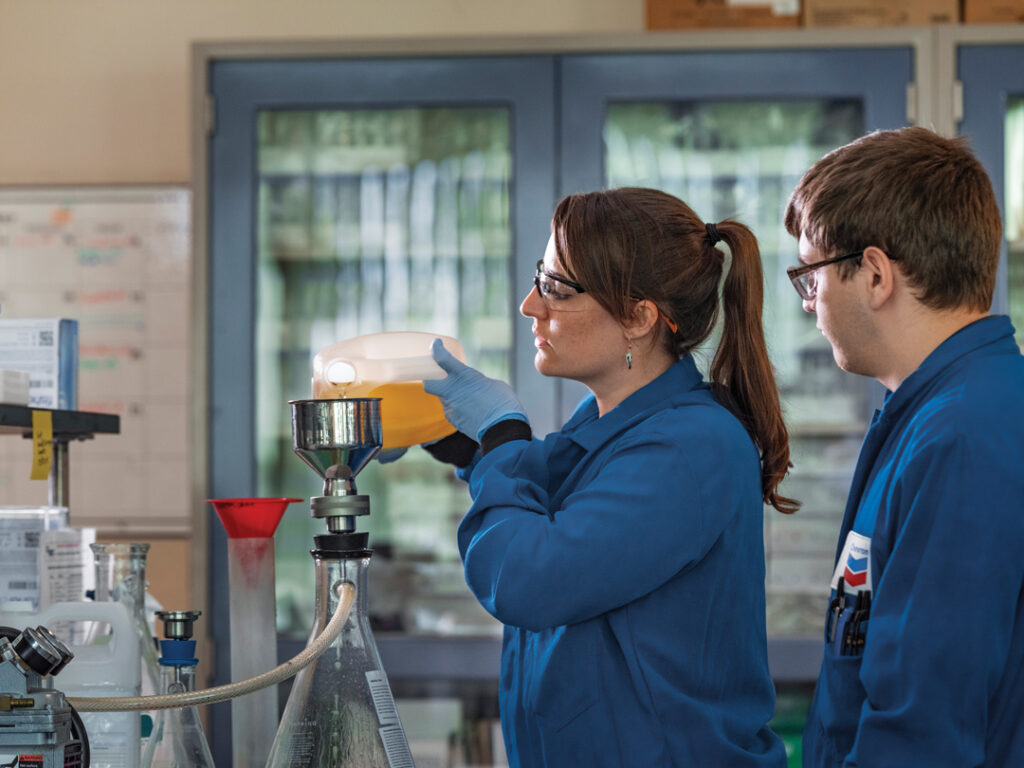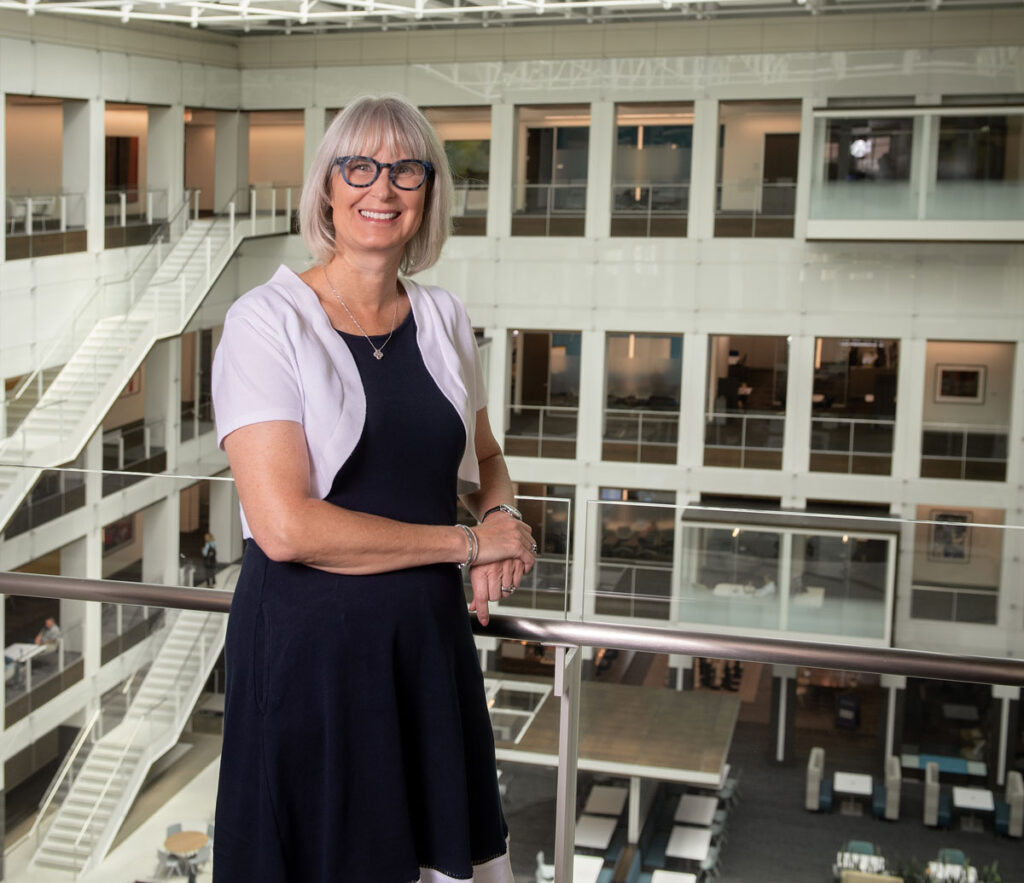NOTEBOOK: Takeaways from three alums of 10,000 Small Businesses

JOE GARDYASZ Nov 28, 2018 | 3:16 pm
3 min read time
603 wordsBusiness Record Insider, The Insider NotebookDuring the annual Small Business Success Summit earlier this month, I sat in on a breakout session with three Central Iowa small-business owners. They provided a glimpse of some winning techniques they learned from completing the 10,000 Small Businesses program, which will be launching its first Iowa cohort in early 2019.
Iowa’s program, which is being spearheaded by Des Moines Area Community College, is based on a Goldman Sachs-sponsored small-business program that has been offered in 14 major metros to more than 7,300 small-business owners. The Iowa program, which is funded for two initial cohorts of 40 people each, is a pilot for building a statewide version.
Here’s what these three entrepreneurs who took the course at Babson College near Boston had to say about what they learned.
Kate Banasiak, president and CEO, Diversified Management Services
“Time management: If I was going to complete the program and not fail, I had to figure out how to make the time for it. So I really started looking at how I scheduled my time and making sure I created time within my day to do everything that I needed to do. So now I only take appointments on Tuesdays and Thursdays, and I do this block scheduling thing for whatever comes up. … Mondays are for whatever comes up, because we have volunteers come in on the weekends. … Wednesdays and Fridays, I’m working on my business.”
Since completing the course, her company’s sales have increased 60 percent, she said.
James Deeds, partner and co-founder, KCL Engineering
“Make the transition from doers to leaders: Two years ago, we had been around eight years and grown to 25 people, but we felt like we were hitting a plateau. We [the three founders] realized we need to make a transition from the doers to the leaders. That was a revelation we had about the same time as the Goldman Sachs program, that we have to allow other people to run this company. … It takes time to transition; it’s taken us about two years, and we’re still working on it. … Admitting you have a problem is the first step.”
KCL Engineering now has 32 employees at its Valley Junction office, and this year has opened a one-person office in Portland, Ore.
Michelle DeClerck, founder and president, Conference Event Management
“Map your processes: We learned that 67 percent of the time, when you have a problem at your company, it occurs when you’re passing [a project] from one person to another. So we created a process mapping system. We created 31 process maps in our company on Google Docs that are accessible to every employee. During the busiest year they had ever had, we shut down for four months and took no new clients during that time; we only serviced existing clients. We went through 2,900 documents on our system and got rid of 2,200 of them. The ones we kept, we revised. So we got rid of clutter and the areas that weren’t offering us clarity.”
After that culture change, the company had “an intense celebration over a period of five weeks,” she said. Sales have doubled since her completion of the course a year ago.
Another important tool that DeClerck picked up from taking the course: She started her own mastermind group from among other business leaders she got to know from the Goldman Sachs program in Boston. They meet monthly via Skype.
“You really need to create an opportunity to connect with other business owners, because your spouse cannot solve all your problems — and they don’t want to hear it,” she said









